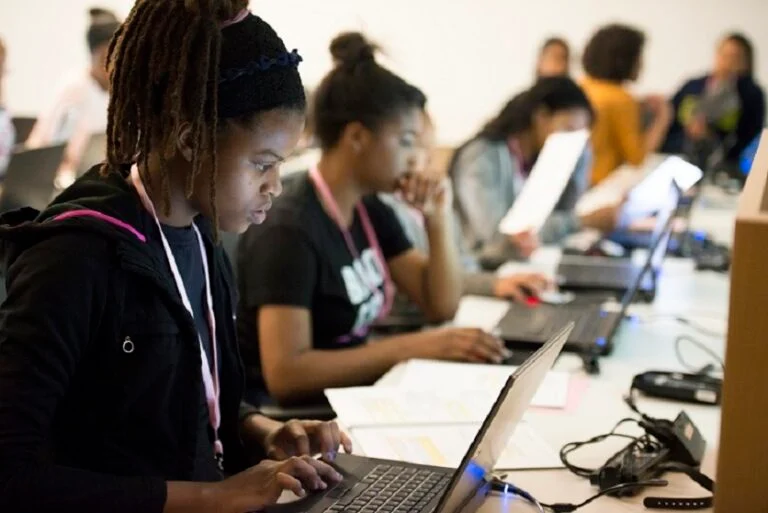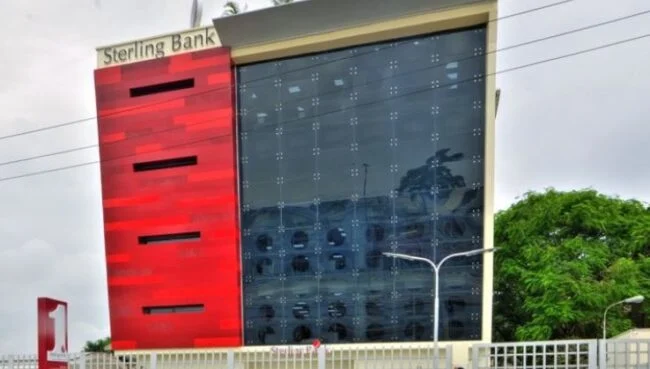In a last-ditch effort to resolve the lingering cash crisis that has thrown the entire country into turmoil, governors elected on the platform of the All Progressives Congress on Sunday met with the party leadership at the APC National Secretariat in Abuja.
This was as the chief executive officers of banks also met to proffer solutions to the situation which had led to attacks on banks and the death of no fewer than 13 persons across the country.
The development is coming barely six days before the presidential and National Assembly polls slated for Saturday, February 25, 2023
No fewer than 12 governors turned up for the crucial meeting with the APC National Chairman, Senator Abdullahi Adamu, and other National Working Committee members, which started at 2.37pm
At the meeting were governors Nasir El Rufai (Kaduna), Abdullahi Sule (Nasarawa), Muhammad Inuwa Yahaya (Gombe), Mai Mala Buni (Yobe), Abubakar Badaru (Jigawa) and Abubakar Sani Bello (Niger), Yahaya Bello (Kogi), Simon Lalong (Plateau), Biodun Oyebanji (Ekiti), Sani Bello (Niger), Atiku Bagudu (Kebbi), Babajide Sanwo-Olu (Lagos) and members of the National Working Committee of the party in attendance.
Governors Abdullahi Ganduje (Kano) and Dapo Abiodun (Ogun) were absent, while Imo and Katsina state governors were represented by their deputies.
The party’s presidential candidate, Asiwaju Bola Tinubu, later joined the meeting at 4.45pm.
Addressing journalists shortly before their closed-door session, Adamu expressed delight with the turnout, noting the imperative of the meeting.
He said, “It is my privilege to welcome you to this important and emergency meeting. We have found a situation where there is a pressing need to get together as standard bearers of our states in Nigeria who were elected on the platform of our great party, the APC.
“I am happy with the response so far. And it is my understanding that more of the governors are on their way. You will recall the recent development that has necessitated the need for this invitation.
“We do not want to sit in judgment over anybody or bodies with regard to what is going on today in the country as it affects our great party. I thought it best to get all those who are holding forth in the critical positions in the party to get together and have some interaction so that we can have a better interpretation and appreciation of the situation that we are in. That is the essence of this invitation.”
Contrary to an order of the Supreme Court that the Federal Government should suspend the February 10 deadline for swapping the old naira notes with new ones, the Central Bank of Nigeria refused to shift the deadline.
The apex court order followed a suit filed by Zamfara, Kogi and Kaduna state governments against the Attorney-General of the Federation, Abubakar Malami.
States including Lagos, Ondo, Ekiti, Kano, Sokoto, Ogun, and Cross River have also joined the suit as co-plaintiffs.
The crisis between the governors and the President, Major General Muhammadu Buhari (retd.), worsened on Thursday when the President in his nationwide broadcast ignored the apex court by extending the validity of old N200 notes while insisting that old N500 and N1,000 remained illegal.
Buhari in his state broadcast said the old N200 note would be legal tender for the next 60 days, till April 10, 2023, while urging Nigerians to deposit their old N500 and 1000 notes with the Central Bank.
After the APC NWC and governors’ meeting which ended at 7.15 pm, journalists were invited into the venue, where the chairman addressed them on the outcome of the parley.
Adamu lamented that although the naira redesign was a good move, the timing and the pain it had brought on Nigerians has necessitated the need for both the CBN Governor, Godwin Emefiele, and the AGF, Abubakar Malami to avoid misleading the President.
He said, “I’m sure you are quite aware of the fact that a meeting comprising the APC governors was held today and the leadership of the NWC of our great party was summoned. We had a discussion and at the end of the discussion, we have resolved as follows: That this resolution is without prejudice or whatsoever to the case that is lying at the Supreme Court at this point in time. This has to do with the issue of currency redesign.
“We noted very seriously that the programme and its implementation are causing tremendous difficulties to the people of Nigeria and to the national economy. That we urge the Attorney General of the Federation and the Governor of the Central Bank of Nigeria to respect the supreme court order of interim injunction which is still subsisting.
“That the meeting is urging his Excellency, Mr President, to intervene in resolving issues that are causing this great difficulties to the economy,”
When prodded to comment on the need for the presence of the APC Tinubu, at the meeting, Adamu disclosed that “Tinubu’s visit is a normal visit.”
Addressing journalists after the meeting, the Chairman of Progressives Governors Forum and the Governor of Kebbi State, Atiku Bagudu, expressed satisfaction with the level of mobilisation that had gone into the campaign of their presidential candidate.
He stated, “As the chairman spoke, the governors and the party are one and the same. And I am very proud about the conduct of our campaign by our presidential candidate
“The Director General of the campaign and indeed, governors and the candidate across the country have been doing a tremendous job of mobilizing the Nigerian populace and we are very, very impressed with the support of the majority of Nigeria.”
Although some of the governors like Sanwo-Olu and El Rufai wore long faces when they came out of the meeting, it is not immediately known if certain governors are in support of the naira swap policy.
Tinubu refused to address the press when he came out of the meeting at about 7.15 pm.
Despite entreaties by the journalists who kept pestering him with questions, he snubbed them and stepped into one of the waiting cars in his convoy and drove off.
It was gathered that during the meeting most of the governors, who spoke, said there was the need to prevail on the President to ensure the obedience of the court order.
Our correspondent learnt that Bagudu, who spoke first after the chairman’s opening address, rallied other governors and the APC NWC to kick against the CBN policy during the meeting.
“This informed the strong position they took against the policy, the CBN governor and the AGF,” a source explained.
The source added that the governors that spoke criticized the implementation of the naira redesign, which they said was not good for the party.
It was also gathered that the Bankers Committee was considering extending the collection of old notes this week to avert protests ahead of the polls.
It was learnt that the chief executives of commercial banks took the decision during a virtual meeting on Saturday as part of moves to avert fresh protests this week.
The meeting, it was further gathered, was aimed at getting the CBN to give approval for banks to resume the collection of old notes on Monday (today).
It was learnt the top bank officials believed doing so would reduce tension and prevent further protests that could increase tension ahead of Saturday polls.
“Bank CEOs met over the weekend to find a solution to the crisis. You can see that some banks collected old notes deposits on Saturday. The idea is to get banks to resume old note collection from customers on Monday (today). This will prevent further attacks on bank officials and bank property this week. This is the last week before the polls, so the CBN and banks want to ensure there is no tension,” a top official privy to the development told The PUNCH.
Meanwhile, in defiance of the directive by the President, Major General Muhammadu Buhari (retd.), that the old N1,000 and N500 have ceased to be legal tender, the Kaduna State Government has directed ministries, departments, and agencies to accept payments in the old naira and new notes.
El-Rufai had last Thursday slammed Buhari over his directive which he said was in disobedience to the February 8 Supreme Court Order restraining the Federal Government from ending its cash swap policy on February 10.
The governor asked residents of the state to continue using the old naira notes.


 BIG STORY3 days ago
BIG STORY3 days ago
 BIG STORY22 hours ago
BIG STORY22 hours ago
 BIG STORY4 days ago
BIG STORY4 days ago
 BIG STORY18 hours ago
BIG STORY18 hours ago
 BIG STORY3 days ago
BIG STORY3 days ago
 BIG STORY3 days ago
BIG STORY3 days ago
 BIG STORY2 days ago
BIG STORY2 days ago
 BIG STORY3 days ago
BIG STORY3 days ago






















